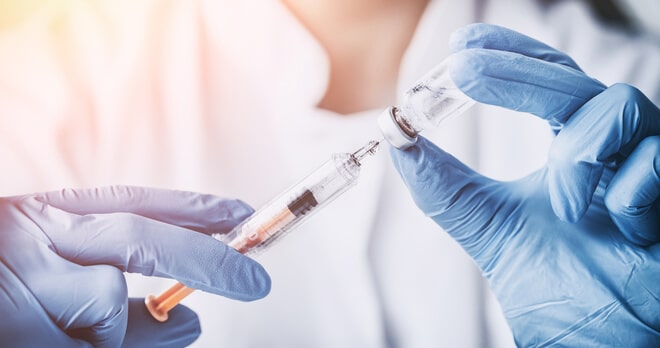Is a maternal vaccine to stop GBS close to becoming a reality?

GBS is a frequent colonizer of the maternal genital tract and can travel up to the womb to cause infection in the fetus, potentially resulting in still birth or GBS disease in the baby.
In the UK and globally, the current treatment for GBS in pregnancy involves giving women who are either known to carry GBS, or who have risk factors for GBS, antibiotics during their labour. This is referred to as intrapartum antibiotic prophylaxis, or IAP.
Whilst the use of IAP has been found to reduce the incidence of early onset GBS disease, IAP does not prevent late onset GBS disease, which occurs between the ages of one week and three months of age. In addition, IAP does not help to prevent stillbirth.
By comparison, a suitable vaccine against GBS, given to pregnant women, has the potential to provide protection against both early and late onset GBS disease. Furthermore, a vaccine is more compatible with the ongoing global efforts to control antibiotic resistance.
The search for a vaccine has been rumbling on for some years but a paper published earlier this year by the Paediatric Infectious Diseases Research Group and Vaccine Institute at the University of London, shows some promising signs that the hope of a vaccine may soon become a reality.
How would a maternal vaccine work?
Maternal immunisation is already used extensively to prevent diseases such as tetanus and influenza in newborn babies. When the mother is given the vaccine, she creates antibodies that are specifically targeted against GBS. These antibodies can cross the placenta to the fetus and protect the fetus from infection too.
Last week I shared the findings of a study funded by the Meningitis Research Foundation, the Wellcome Trust, the UK Medical Research Council and the UK Department for International Development, which analysed the DNA of different GBS bacteria in order to shed light on why some GBS bacteria are more deadly that others.
Like most bacteria, GBS bacteria have a number of virulence factors which form part of their armoury. A particularly important virulence factor in GBS is the thick capsule which can protect the bacteria from being engulfed by our immune system.
An exciting potential vaccine that is in the advanced stages of development is made from fractions of this protective capsule. The safety of these vaccines has been demonstrated in both non pregnant and pregnant women, however a large number of participants would be required to undertake Phase III trials to determine how effective the vaccine is.
It is estimated though that an effective GBS maternal vaccine that has high global coverage could prevent 231,000 infections in mother and baby; 41,000 still births and 66,000 infant deaths every year around the world. This would be a fantastic outcome.
Group B Strep Support Awareness Month
It is not too late to get involved in Group B Strep Support Awareness Month and join with Group B Strep Support in the fight against GBS. The Group B Strep Support website is packed full of ideas of how we can all get involved. Why not take up the Virtual Steps Against Strep Challenge? Simply complete the distance of 5K, 10K, half marathon or marathon in your own time and in your own way, raising money and saving lives from the comfort of your own home!
Whilst Group B Strep Support works all year round to support families affected by GBS, Group B Strep Awareness Month provides an opportunity for everyone to pull together in the fight against GBS so continue to look out for #StrepB2020 on your social media.